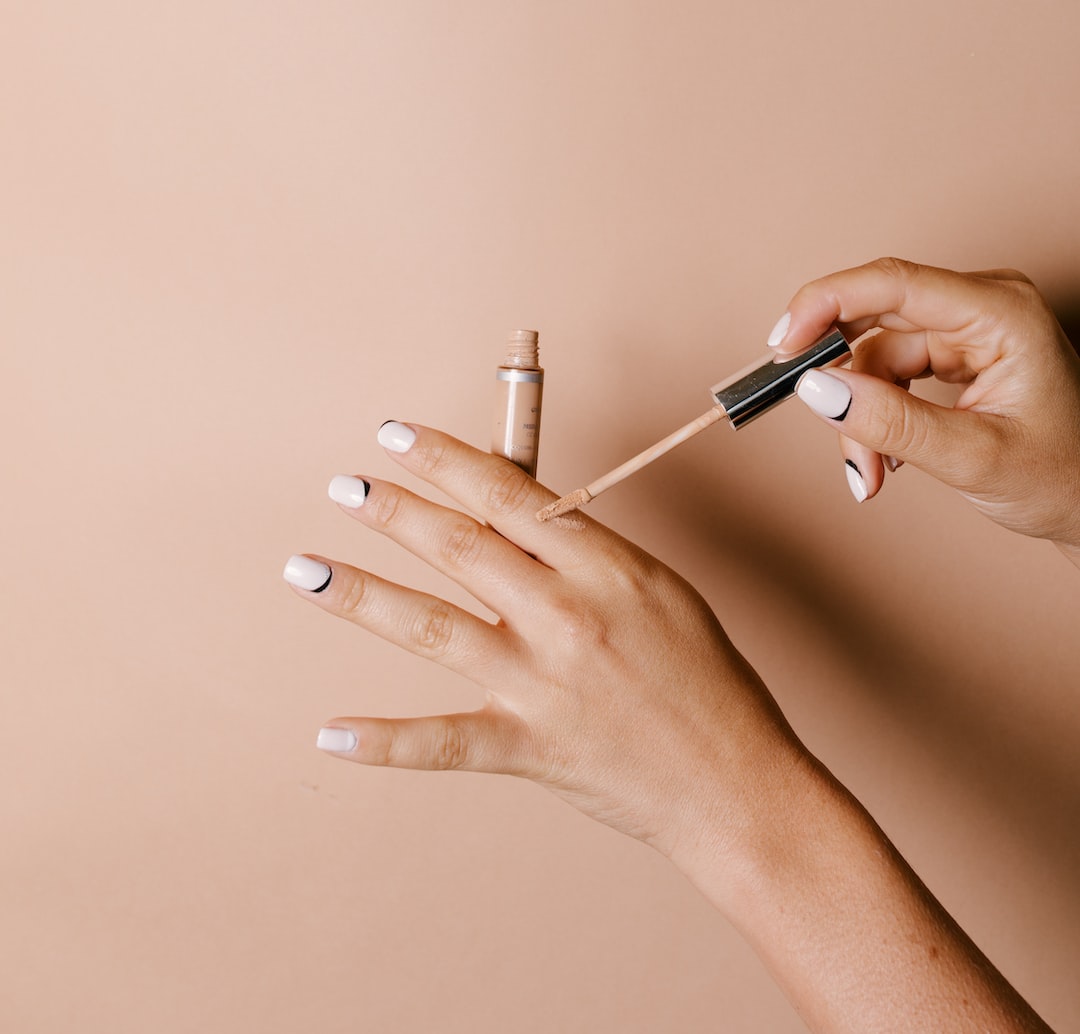When it comes to makeup, blush is an essential tool for adding color and dimension to your face. However, choosing the right blush shade for your skin tone can be a daunting task. With so many options available, it can be easy to feel overwhelmed and end up with a shade that doesn’t flatter your complexion. But fear not, because we’ve compiled some expert tips to help you select the perfect blush color for your skin tone.
First and foremost, understanding your skin tone is crucial. Generally, skin tones are classified into three categories: cool, warm, and neutral. To determine your skin tone, take a look at the veins on your wrist. If they appear blue or purple, you have a cool undertone. If they appear green, you have a warm undertone. If you see both blue and green, it means you have a neutral undertone.
For cool undertones, opt for blush shades that have a cool undertone as well. Think of pinks with hints of blue or purple undertones. These shades will give your cheeks a healthy flush without overwhelming your complexion. Avoid warm-toned blushes, such as oranges or corals, as they can make your skin look sallow or washed out.
On the other hand, if you have warm undertones, go for blush shades with warm undertones as well. Peachy, coral, and earthy tones will complement your warm complexion beautifully. Steer clear of cool-toned blushes, like pinks with blue undertones, as they can clash with your skin and make it look ruddy or uneven.
Neutral undertones allow for more flexibility. You can experiment with both warm and cool blush hues, so feel free to try out a range of shades. For a more natural look, choose blush colors that mimic the tones of your skin when you blush naturally.
Besides skin tone, another factor to consider is your skin’s depth. Deeper skin tones can handle more pigment and tend to look stunning with rich, vibrant blush hues. Burgundy, deep oranges, and vibrant pinks are excellent options for those with deeper complexions. If you have a fair complexion, opt for softer pastels or light pink shades. These colors will add a subtle flush to your cheeks without overpowering your delicate skin.
Additionally, take into account the season and occasion when selecting a blush color. Different shades can complement various seasons or events. For example, during the summer months, opt for bright, warm, and coral blush hues to enhance your sun-kissed glow. In winter, a dusty rose or mauve blush can offer a subtle flush that pairs well with cozy sweaters.
When choosing a blush formula, consider your skin type as well. Cream blushes work best for dry or mature skin, as they provide a luminous, dewy finish. Powder blushes are suitable for all skin types and offer a wide range of color options. If you have oily skin, choose matte powder blushes to control shine and oiliness.
In conclusion, selecting the right blush color for your skin tone requires some understanding of your undertones, depth, and the occasion. By keeping these tips in mind, you can confidently choose a blush that flatters your complexion, enhances your natural beauty, and completes your makeup look. Don’t be afraid to experiment and have fun with different shades – after all, makeup should be a reflection of your personality!


